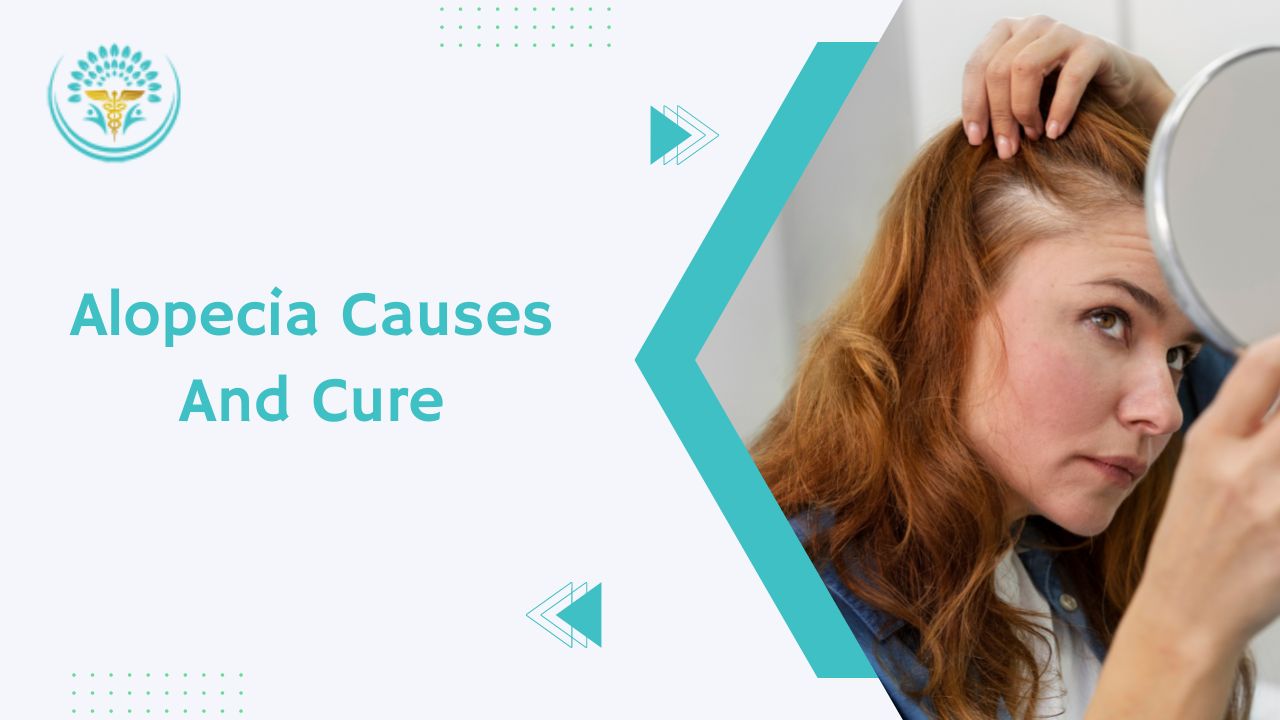Alopecia Causes And Cure
Simply put, alopecia is hair loss. If you have alopecia, you may notice extra hair on your pillows or in your shower drains, as well as bald patches on your scalp. Depending on the cause, hair loss can grow back or fall out permanently over time. Alopecia is not curable, but it is treatable and not fatal. Homoeopathic treatment for alopecia from Provital Health is available which is safe and free from side effects.
Causes
Though a single factor for hair loss is not the one which is triggering hair fall, probable causes have been attributed to the following.
- Genes & hormones
- Stress
- Nutrition
- Thyroid issues
Let us understand how each of these can cause alopecia.
Genes & Hormones
The most common type of alopecia is androgenic alopecia, also known as male-pattern baldness or female-pattern baldness. It causes balding and a receding hairline in men, and general hair thinning or a widening of the part in women. Androgenic alopecia is both genetic and hormonal.
DHT, derived from testosterone, weakens hair follicles by binding to it. Women also have testosterone, and when their testosterone and estrogen levels become imbalanced, DHT can trigger androgenic alopecia. This often happens before menopause or due to other hormonal conditions.
Some women with polycystic ovarian syndrome (PCOS) produce excess estrogen, which then converts to progesterone. In some cases, genetics also play a role. A proper differential diagnosis is essential before starting treatment. The best homeopathic doctor at Provitale Health, also a skilled cosmetologist, has extensive experience in treating alopecia of various causes.
Stress
Telogen effluvium is a type of alopecia in which the hair sheds excessively. Hair loss can occur suddenly or gradually. Telogen effluvium can be caused by a variety of factors, including stress, medications, dietary changes, childbirth, lifestyle changes etc.
Women are more likely than men to have telogen effluvium. According to a 2019 study published in the journal Clinical, Cosmetic, and Investigational Dermatology, men may not notice telogen effluvium due to shorter haircuts or a lack of attention to hair.
For some women, this hair loss conceals underlying female-pattern hair loss, and the hair may never be as thick as it once was. If you are otherwise healthy, treatment is mostly a waiting game.
Nutrition
Alopecia may be caused by certain deficiencies, such as a lack of iron or vitamin D nutrients.
Consult at Provitale health to address these issues so that your hair has the best chance of growing back. Create a healthy eating plan that includes vitamins and nutrients derived from food, as well as adequate protein.
Thyroid Issues
The thyroid is a gland in the neck that regulates metabolism-related hormones. Alopecia can be caused by both underactive and overactive thyroid. If your hair loss is accompanied by weight changes, high or low energy levels, or menstruation changes, consult your doctor about a thyroid test.
Conclusion
Alopecia affects both males and females due to various causes. Identifying the root cause of hair loss is crucial for effective treatment. Since treatment should not trigger other health issues, Provitale Health Homeopathy offers safe and proven medicine.

